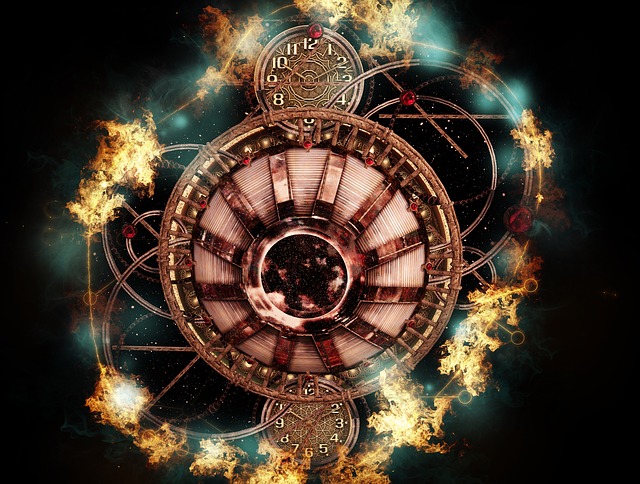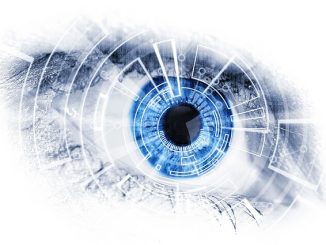
The world of quantum mechanics is filled with bizarre concepts. In fact, it’s like nothing in the quantum world isn’t strange in some way because if it’s ordinary, it would be kind of out of place.
Superpositioning is one of those weird concepts. It’s the ability of quantum bits (qubits for short) to simultaneously be in two different states, and it’s what will theoretically give quantum computers extraordinary processing power as qubits in superposition can perform exponentially more computations at once.
Quantum entanglement is another. It’s what Einstein referred to as ‘spooky action from a distance’ — where two particles are linked to each other in such a way that what affects one also affects the other, regardless if they are just meters apart or light-years away from each other. It’s weird enough that because of this special connection, measuring one of the particles will also give you the exact measurements of the other. What makes it even weirder is that the properties of the particles are only defined once they’re measured, so having the exact same properties at that same instance makes it doubly weird.
And then there’s retrocausality, which basically says that the present (or the future) can influence the past, and in terms of cause-and effect, the effect happens prior to the cause. Connecting that concept with quantum entanglement, it’s like saying that measuring an entangled particle in the present (or future) affects the particle’s properties in the past. And instead of the famous Bell tests showing proof of quantum entanglement, they can be regarded as evidence of retrocausality. This is what Matthew S. Leifer of California’s Chapman University and Matthew F. Pusey of Ontario’s Perimeter Institute for Theoretical Physics are proposing.
In relation to the traditional concept of time symmetry which says that physical processes can run forward and backward in time while following the same physical laws, Leifer and Pusey argue that retrocausality should also hold true. They believe that unless we are somehow able to prove that time only moves one way, which is forward, then retrocausal influences should also be considered.
Right now, separate particles seemingly being affected by measuring either of the particles is attributed to the concept of ‘spooky action at a distance’, because there’s simply no other way to explain how the particles influence each other. Leifer and Pusey’s theory is that the measurement of one particle can retrocausally influence the behavior of the other particle. There’s no spooky action at a distance, just retrocausal influence.
While the concept of retrocausality has yet to gain momentum, there are those who believe that it is worth looking further into. And part of its appeal has to do with its breaking away from ‘realist interpretations of quantum theory’ and its implication that it’s time to come up with new alternative interpretations about quantum physics.
As Leifer explained to Phys.org: “I think that different interpretations [of quantum theory] have different implications for how we might go about generalizing standard quantum theory. This might be needed to construct the correct theory of quantum gravity, or even to resolve some issues in high-energy physics given that the unification of the other three forces is still up in the air in the light of LHC results.”
In a way, retrocausality doesn’t make things any clearer. In fact, it might even be making things even weirder. But the point is, it provides an alternative explanation to those ‘entangled particles’. Testing and proving that it’s the correct explanation is the bigger challenge.
The paper detailing Leifer and Pusey’s work was recently published in the journal Proceedings of the Royal Society A.
- Bulenox: Get 45% to 91% OFF ... Use Discount Code: UNO
- Risk Our Money Not Yours | Get 50% to 90% OFF ... Use Discount Code: MMBVBKSM
Disclaimer: This page contains affiliate links. If you choose to make a purchase after clicking a link, we may receive a commission at no additional cost to you. Thank you for your support!




Leave a Reply